Keywords: Indian Students
-

AUSTRALIA
- David Halliday
- 08 November 2024
As house prices soar, half the nation finds itself locked out of the property market. In conversation with Eureka Street, Alan Kohler untangles the web of tax incentives, population pressures, and government policies fueling the housing crisis to discover why, despite public outcry, solutions remain frustratingly out of reach.
READ MORE 
-
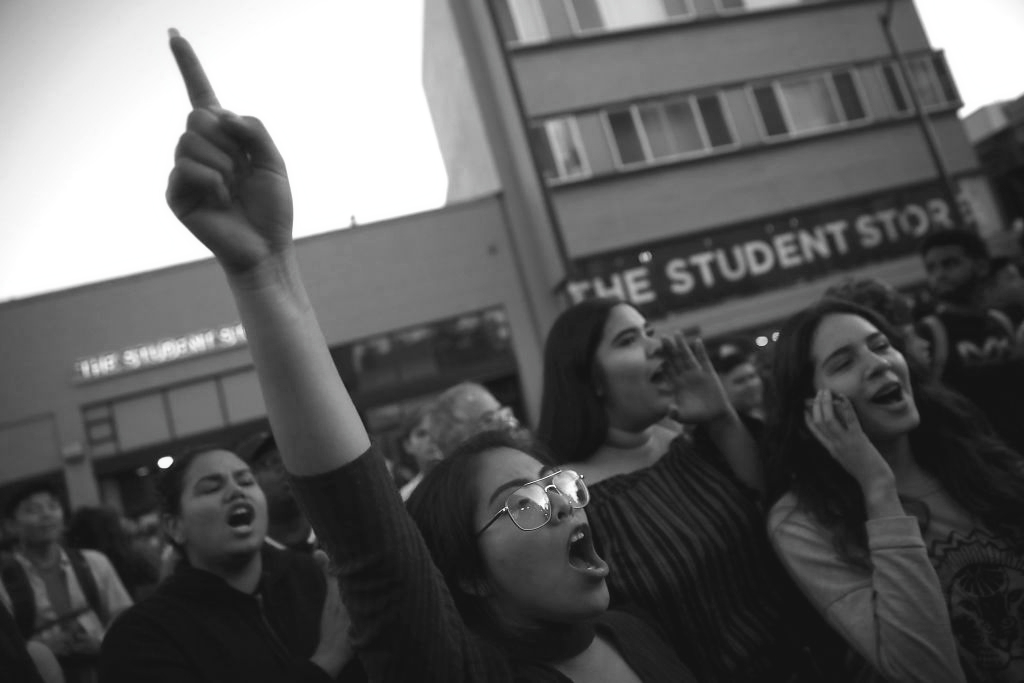
INTERNATIONAL
- Kenneth S Stern
- 25 October 2023
The university campus is really the ideal place to tackle thorny issues. It is a safe place to examine all ideas, even — or perhaps especially — those that people find offensive or disturbing. The sad fact, though, is that there is a push these days to send the opposite message to students — that they should be shielded from intellectual discomfort. (From 2022)
READ MORE
-
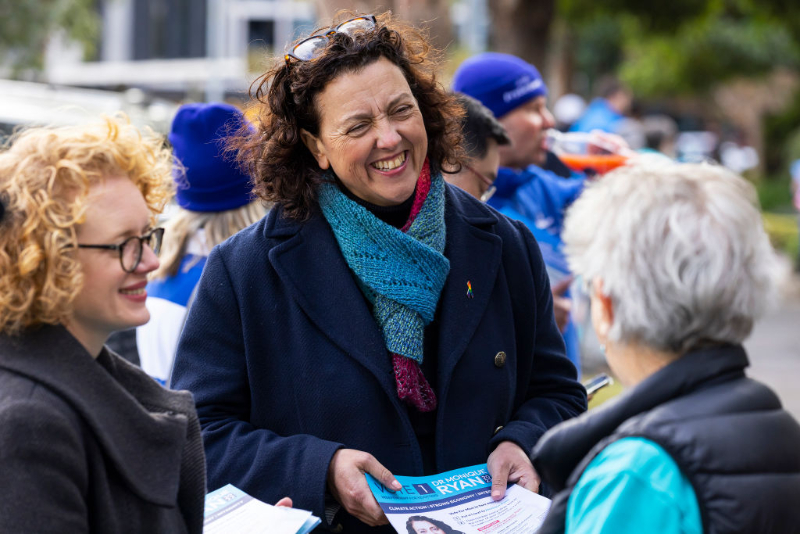
EDUCATION
- Chris Middleton
- 23 May 2022
7 Comments
Perhaps the most dramatic individual result of the Federal election was that Menzies’s seat, Kooyong, has fallen to a Teal independent, Dr Monique Ryan. Xavier College sits in the Kooyong electorate, and Dr Ryan is a parent at the College. Dr Ryan proved to be an impressive candidate who ran as a good a local campaign as I have ever seen. It was marked by a strong engagement by many locals, and especially among professional women, and older residents.
READ MORE 
-

AUSTRALIA
- Binoy Kampmark
- 21 March 2022
12 Comments
While Australia has developed into a multi-ethnic, cosmopolitan state based on immigration and humanitarian intakes, the country has never gotten away from the sense that some are simply more welcome than others. Be they migrants, refugees, or asylum seekers, preferential treatment abounds.
READ MORE 
-

INTERNATIONAL
- Kenneth S Stern
- 08 February 2022
25 Comments
The university campus is really the ideal place to tackle thorny issues. It is a safe place to examine all ideas, even — or perhaps especially — those that people find offensive or disturbing. The sad fact, though, is that there is a push these days to send the opposite message to students — that they should be shielded from intellectual discomfort.
READ MORE 
-

RELIGION
- Irfan Yusuf
- 08 April 2020
17 Comments
For millions of Australians of varying degrees of religiosity, prayer will play a key role in dealing with the novel stresses associated with this novel virus. Religions bring us not just closer to our creator but also to each other, especially in times of crisis. And you don’t have to be devout to feel the blessing.
READ MORE 
-
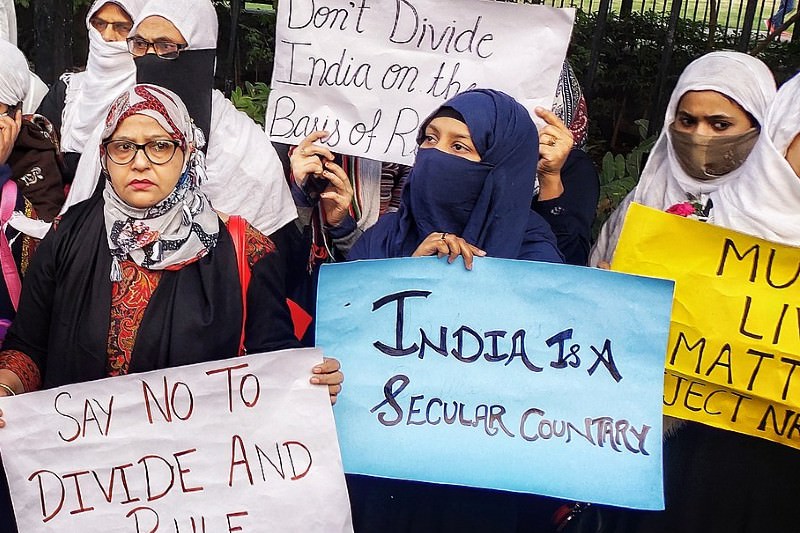
INTERNATIONAL
- Sundhya Pahuja
- 16 January 2020
9 Comments
It is ironic for those of us who have long wished for a closer and more respectful relationship between India and Australia to be arguing now for caution. But perhaps the time has come for a relationship of political solidarity between the people of India and the people of Australia, rather than the economic expediency that seems to be on offer.
READ MORE 
-
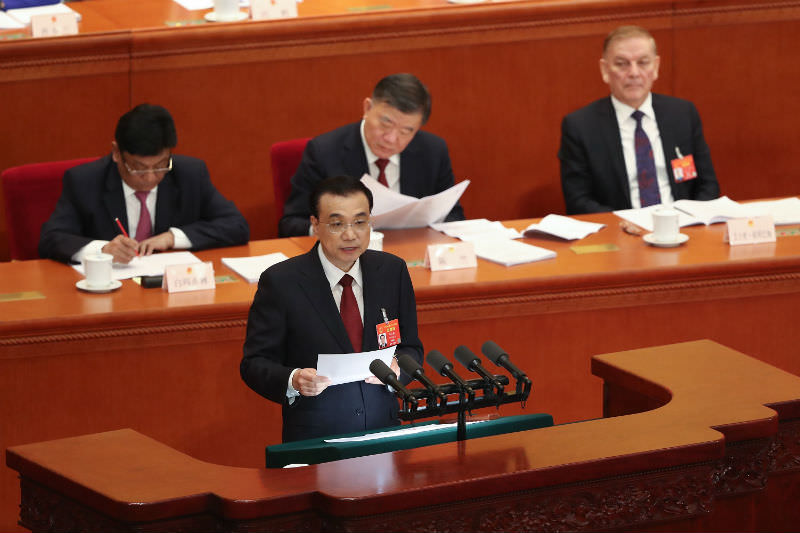
INTERNATIONAL
- Jeremy Clarke
- 22 May 2019
2 Comments
While Bob Carr's institute was deemed to be a panda hugger and Clive Hamilton's position on Chinese influence was considered to be dragon slaying, knowledgeable discussion is a distant third. To China-watchers, the relative lack of a sophisticated focus on Australia-China relations during the election was simply business as usual.
READ MORE 
-

INTERNATIONAL
- Tim Robertson
- 15 March 2019
1 Comment
The world leaders who rushed to condemn the Valentine's Day attack have long remained silent on state-sanctioned oppression in Kashmir. That's no longer a surprise; nor is the fact that the attack was covered by every major western media organisation, while the daily injustices perpetrated against ordinary Kashmiris go unreported.
READ MORE 
-
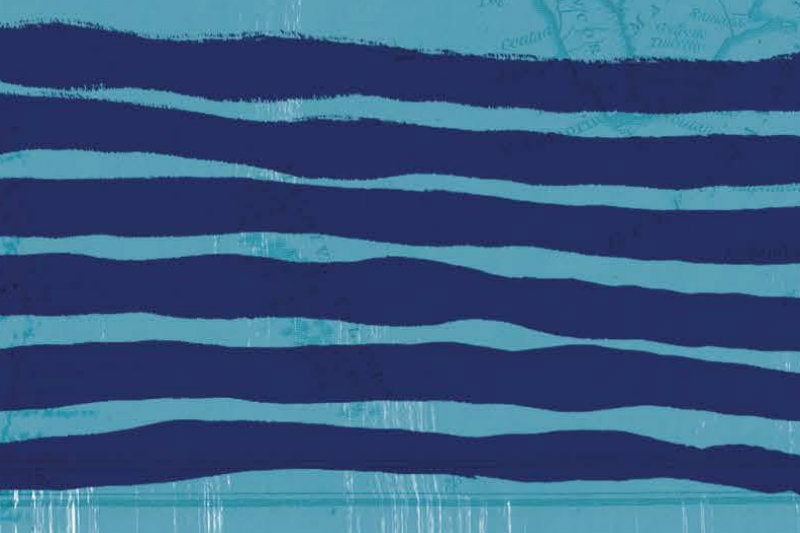
ARTS AND CULTURE
- Tim Kroenert
- 11 July 2018
'In the Beginning Was the Word' opens with Angelina D'Costa, 'five years to the day after she stopped being a Catholic', entering a church, determined to confront a popular priest who is known to have covered up for another priest who abused children; only to be moved to submission by the familiar beauty of the Mass.
READ MORE 
-

RELIGION
- Irfan Yusuf
- 14 December 2016
2 Comments
Some of my South Asian 'aunties' are very much opposed to wearing any religious head covering. Mum has only recently started wearing a tiny Egyptian number she picked up during her last Haj. Like many South Asians, she has become a bit more religiously observant as she gets older. She grew up in the Indian university town of Aligarh, some 140km South East of Delhi. Aligarh was a very conservative town, and her father, a professor at the local university, was a rather conservative chap.
READ MORE 
-

ENVIRONMENT
- Frank Brennan
- 28 November 2016
'No matter what the economic, political and legal problems confronted by modern day India, our response can be improved by an application of the key principles and norms developed in the international law of trade and human rights, helping to enunciate the realm of law, regulation and political accountability, enhancing public scrutiny providing the right environment for doing business.' Frank Brennan presents the 25th JRD Tata Oration, Xavier School of Management, Jamshedpur, India, 26 November 2016.
READ MORE